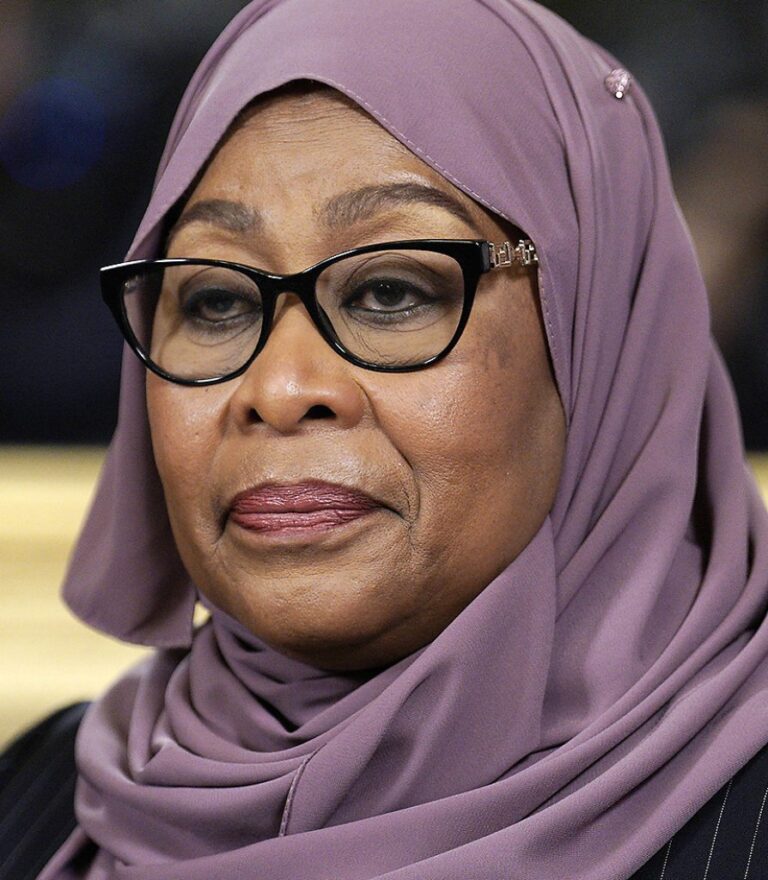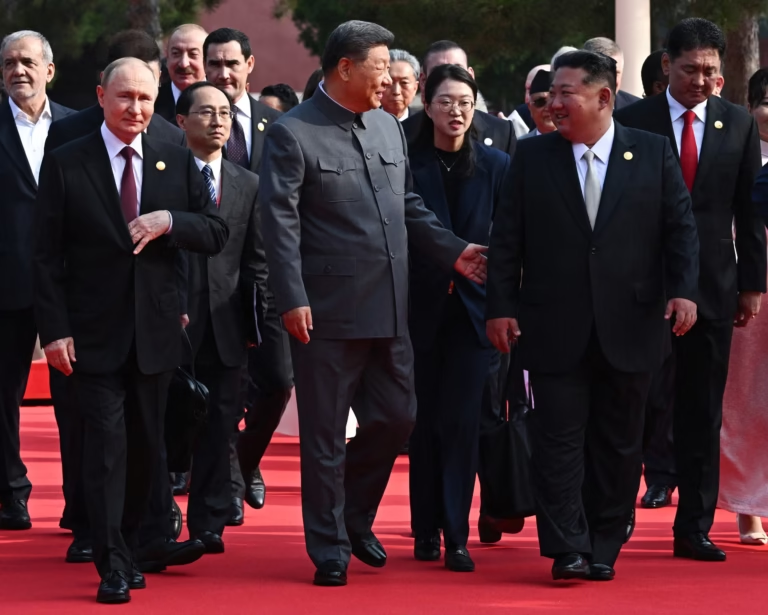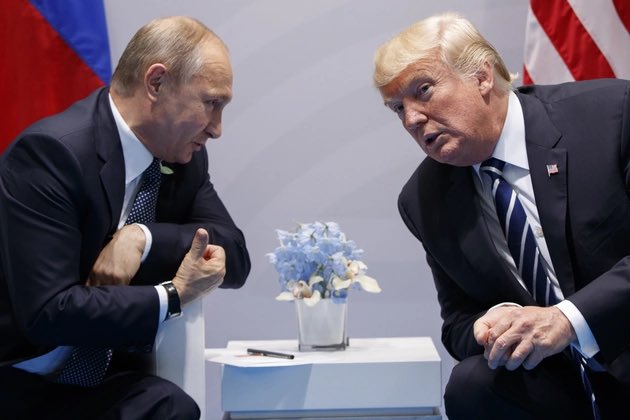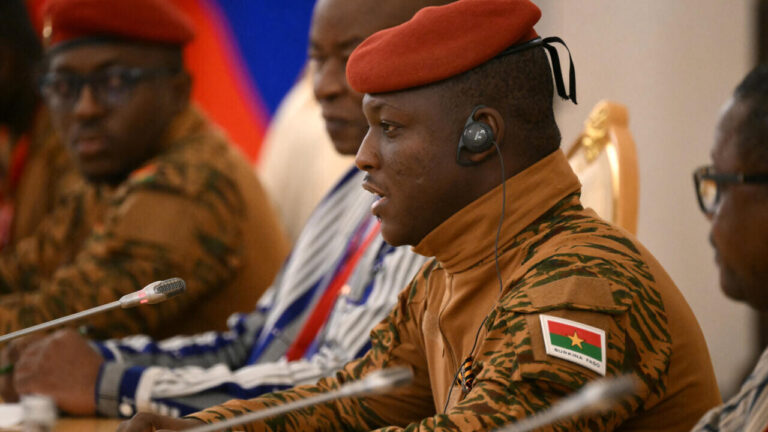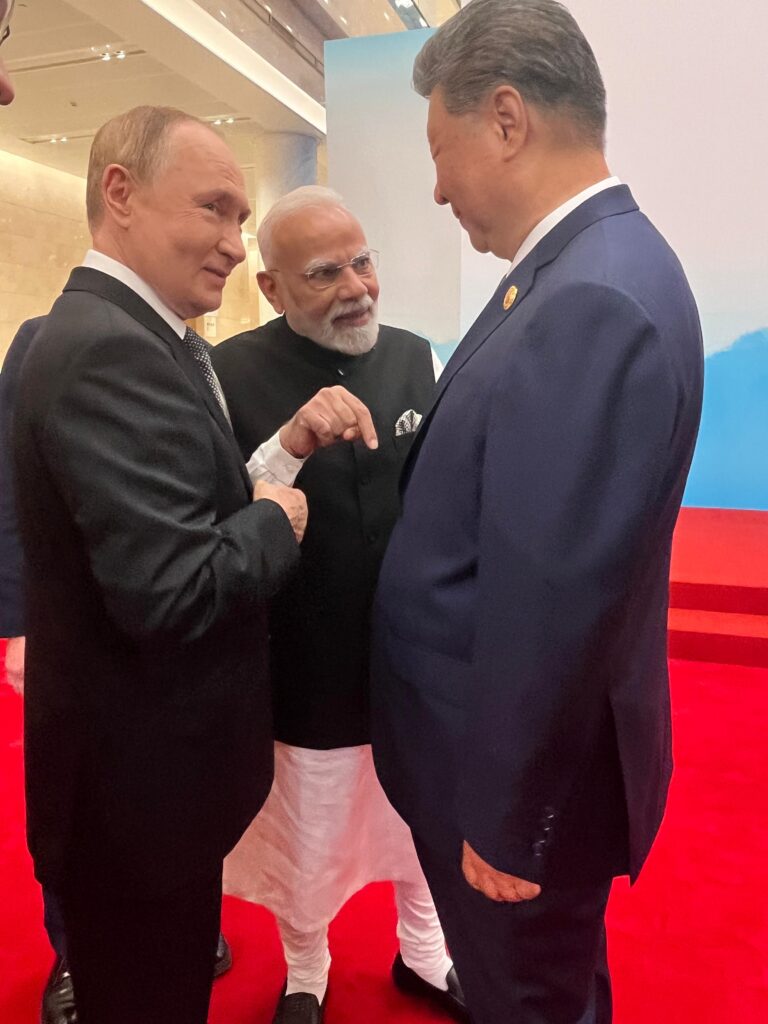
The Shanghai Cooperation Organization (SCO) has long been a platform for Eurasian nations to discuss security, economic cooperation, and regional stability. Founded in 2001, the SCO now includes full members like China, Russia, India, Pakistan, Iran, and several Central Asian states, with dialogue partners and observers expanding its influence. The 2025 summit, held in Tianjin, China from August 31 to September 1, marked the 25th Heads of State Council meeting and drew attention amid shifting global dynamics, including U.S. tariffs under a potential Trump administration. This year’s event was particularly notable for the high-profile participation of leaders like Chinese President Xi Jinping, Russian President Vladimir Putin, Indian Prime Minister Narendra Modi, and Turkish President Recep Tayyip Erdogan. Let’s dive into the key moments and what they mean for international relations.
Xi Jinping: Hosting a Vision for a New Global Order
As the host and chair of the summit, Xi Jinping set the tone with an opening speech that emphasized unity against Western dominance and promoted a multipolar world. Flanked by over 20 leaders, Xi highlighted China’s role in fostering economic ties through initiatives like the Belt and Road, offering aid and AI cooperation to SCO members. He positioned the SCO as a counterweight to U.S.-led alliances, urging deeper collaboration on security and trade amid global uncertainties. Xi’s bilateral meetings, including those with Putin and Modi, underscored China’s diplomatic prowess in bridging diverse interests within the organization.
Vladimir Putin: Navigating Geopolitical Tensions
Russian President Vladimir Putin’s attendance reinforced the SCO’s importance as a forum for Russia amid its ongoing conflicts. Putin held key discussions with Xi on strengthening bilateral ties and with Erdogan on Ukraine, where he heard Turkey’s push for a “fair and lasting peace.” The summit provided Putin a platform to rally support against Western sanctions, with talks focusing on energy cooperation and de-dollarization efforts. Standing shoulder-to-shoulder with Xi, Putin’s presence highlighted the deepening Russia-China axis, even as the group addressed broader issues like counter-terrorism and regional stability.
Narendra Modi: India’s Diplomatic Wins
Indian Prime Minister Narendra Modi brought a pragmatic approach to the summit, securing breakthroughs on issues like joint condemnation of cross-border terrorism— a subtle nod to concerns with Pakistan. Modi’s meetings with Xi and Putin emphasized India’s balancing act: maintaining strong ties with Russia while navigating U.S.-China rivalries. India, as a key SCO member since 2017, pushed for enhanced connectivity and economic integration, aligning with its “Act East” policy. Modi’s participation underscored India’s growing influence in multilateral forums, where it advocates for inclusive growth without aligning fully with any bloc.
Erdogan’s Presence: Turkey’s Bridge Between East and West
While Turkey is a dialogue partner rather than a full SCO member, President Recep Tayyip Erdogan’s attendance added a layer of intrigue to the summit. Erdogan used the platform to raise awareness about the Gaza crisis, reiterating Turkey’s readiness to mediate and condemning Israel’s actions. He held multiple high-level meetings, including with Xi on bilateral relations, Putin on Ukraine peace efforts, and Iran’s President on nuclear talks. Erdogan’s involvement signals Turkey’s ambition to expand its role in Eurasian affairs, potentially paving the way for closer SCO ties. His presence also highlighted the summit’s broad appeal, drawing in non-members to discuss global hotspots like the Middle East and Europe.
Wrapping Up: SCO’s Evolving Role in a Multipolar World
The 2025 SCO Summit in Tianjin wasn’t just a routine gathering—it was a statement of intent from emerging powers challenging the status quo. With Xi at the helm, Putin seeking alliances, Modi scoring diplomatic points, and Erdogan injecting fresh perspectives, the event showcased the organization’s potential to shape global narratives. As the world watches U.S. policy shifts, the SCO’s focus on cooperation over confrontation could redefine international dynamics. Stay tuned for how these discussions translate into action— the geopolitical chessboard just got more interesting!
